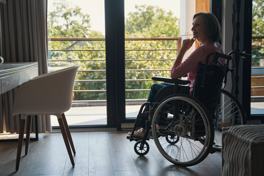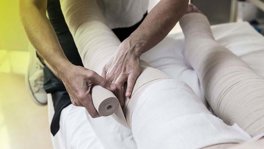
Client’s Story: How We Helped a Holidaymaker Claim Compensation After Falling on Uneven Paving Stones at a Hotel in Turkey
A UK holidaymaker fractured her ankle after tripping on a loose paving stone at a Turkish hotel. Despite the hotel denying responsibility, Simpson Millar built a strong case using expert evidence and visual proof collected by the client. The claim was brought under UK package travel laws, leading to a six-figure settlement. The compensation covered pain, loss of enjoyment, care needs and financial losses, helping the client recover and find closure.

















